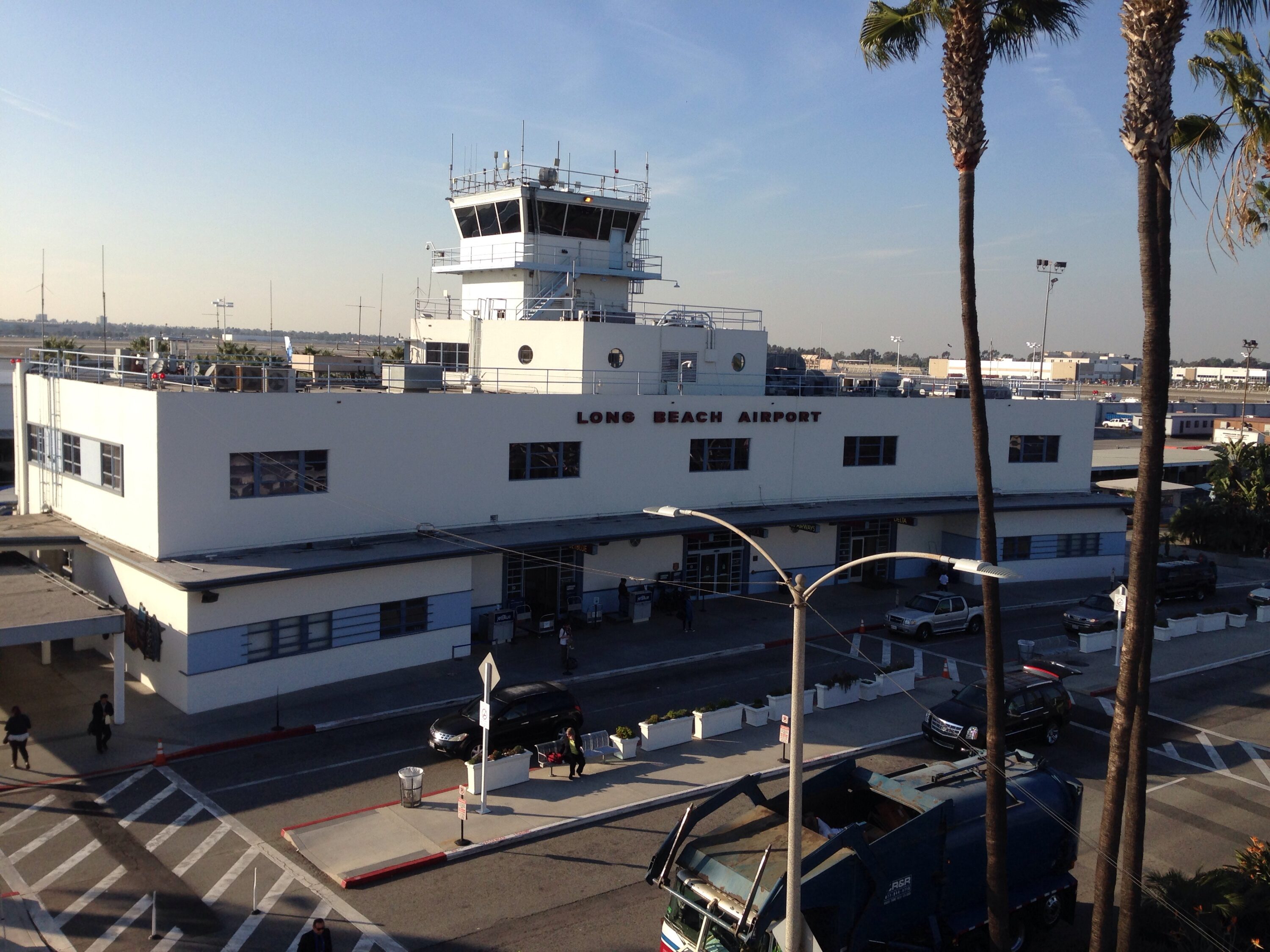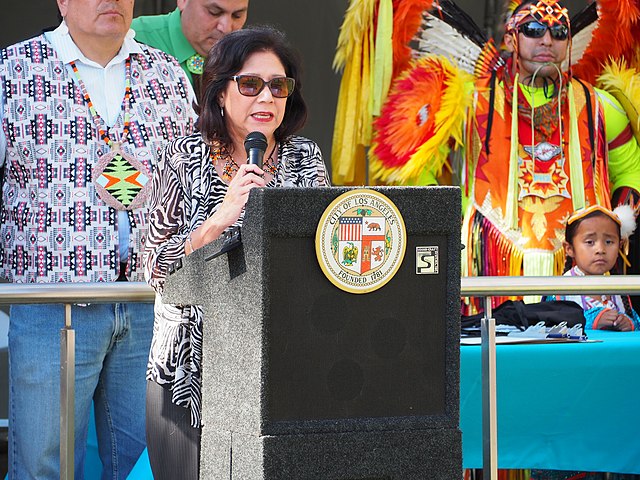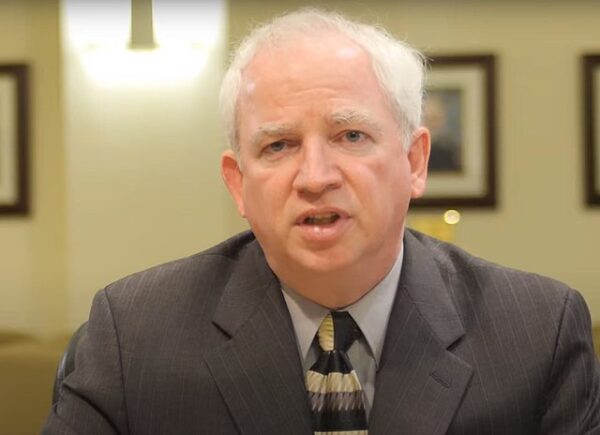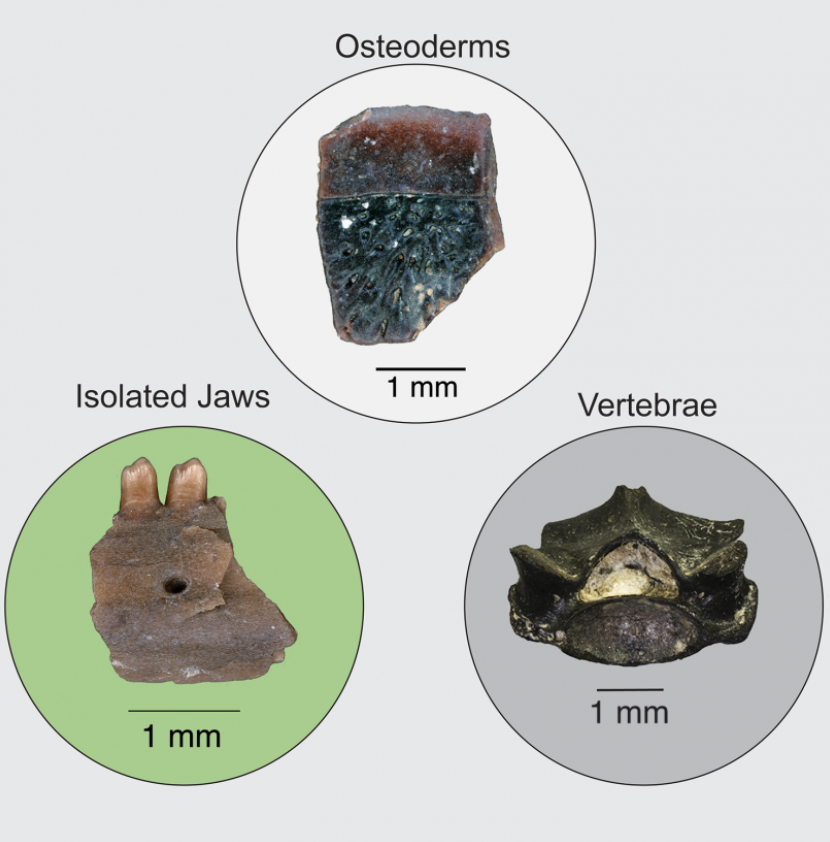A new commercial food scrap recycling program at Long Beach Airport will help divert organic materials from landfills and create renewable energy, airport officials said Monday.
The program is part of the municipal airport’s ongoing efforts to reduce waste and greenhouse gas emissions. It was introduced in late 2021 in collaboration with the Long Beach Department of Public Works Environmental Services Bureau, airport tenants and business partners, including airport concessionaire manager Paradies Lagardere.
City officials said the program is expected to divert 20% of the food scraps that otherwise would be wasted.
Under the program:
— Food scraps, such as meat, dairy, bread, vegetables, fruits, eggs, coffee grounds, cheese, pasta and other organic materials, are sorted from other solid waste and sent to the Puente Hills Materials Recovery Facility for processing.
— Once at MRF, the waste is treated, and the slurry is pumped into tanks and shipped to a wastewater treatment plant managed by the Los Angeles County Sanitation District.
— At the plant, the slurry is converted into biogas, which is a renewable energy source, through anaerobic digestion, and the biosolids from that process can be used as fertilizer.
The Long Beach Department of Public Works began commercial food scrap collection programs in Long Beach last year to support businesses, and now it includes the airport, which soon will be required to divert organic waste in accordance with state guidelines.
California Assembly Bill 1826 mandates that all commercial operations divert organic waste, and the rule is further enforced in state Senate Bill 1383, which establishes statewide targets to achieve a 75% reduction of organic waste and recover at least 20% of edible food for human consumption by 2025.
“We are so proud of the collective work done with the city and LGB’s business partners to implement this innovative back-of-house food scrap program ahead of the state’s schedule,” Airport Director Cynthia Guidry said.
“While we’ve long been known for delivering one of the best passenger experiences in the nation, LGB also is Airport Carbon Accredited with a well-earned reputation as an industry leader in sustainability.”
LGB’s carbon management plan includes pledges to reduce emissions from 2016 levels, on a per passenger basis, by 20% in 2025 and 40% in 2030. City leaders have set a goal for the airport to eventually become a carbon-neutral facility, with various efforts underway to achieve that, including the installation of two large solar arrays on top of Parking Structures A and B expected to be completed this year.







